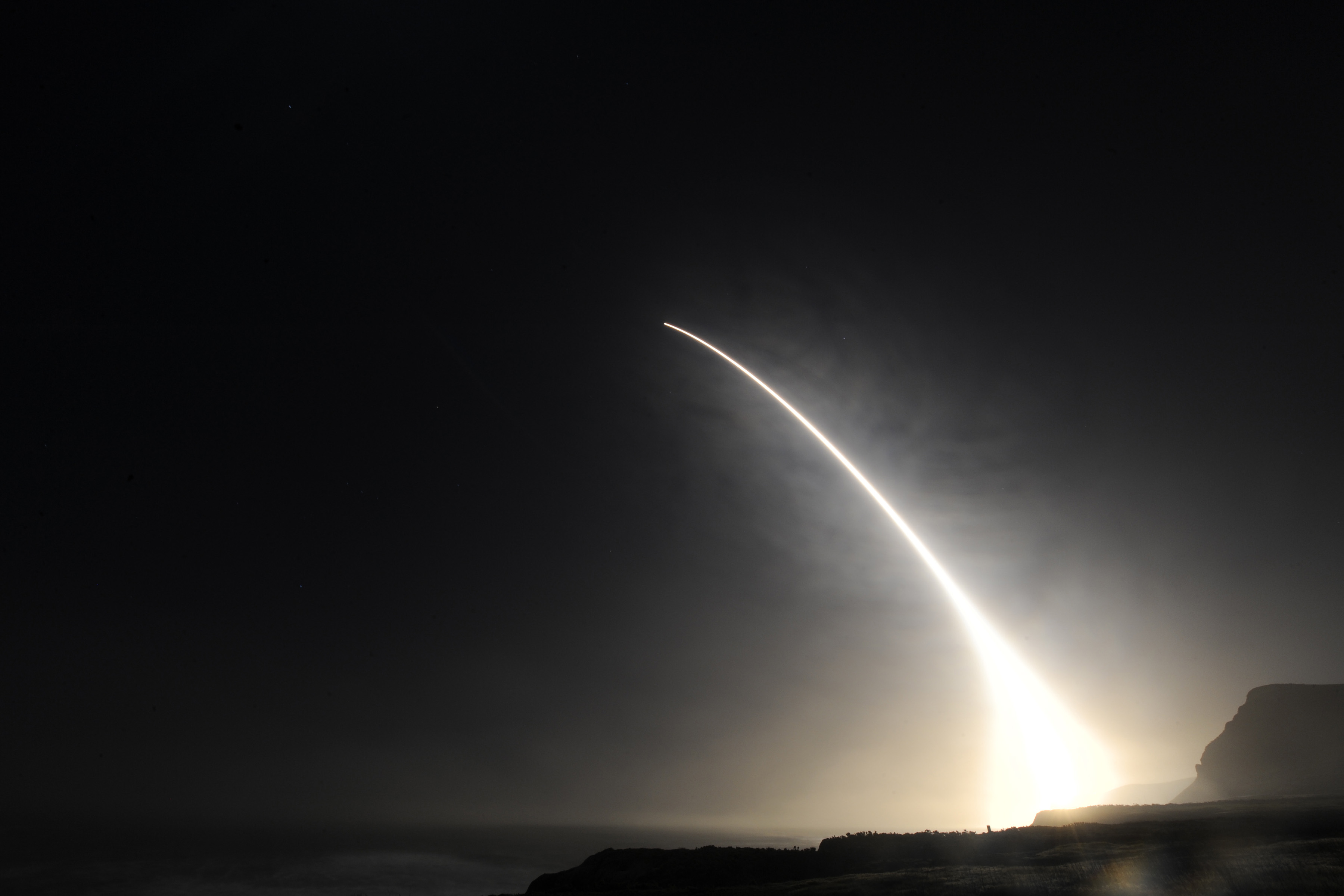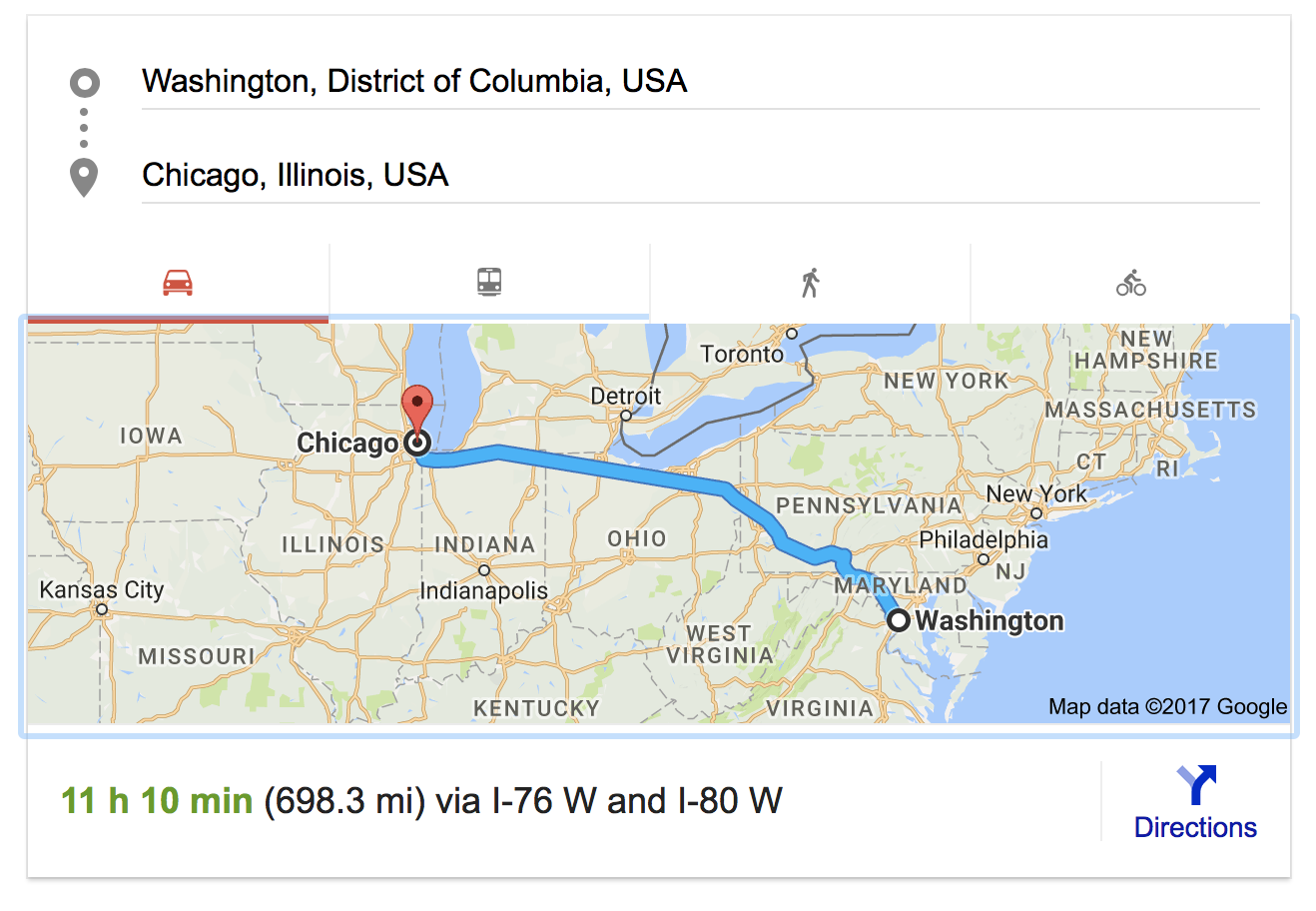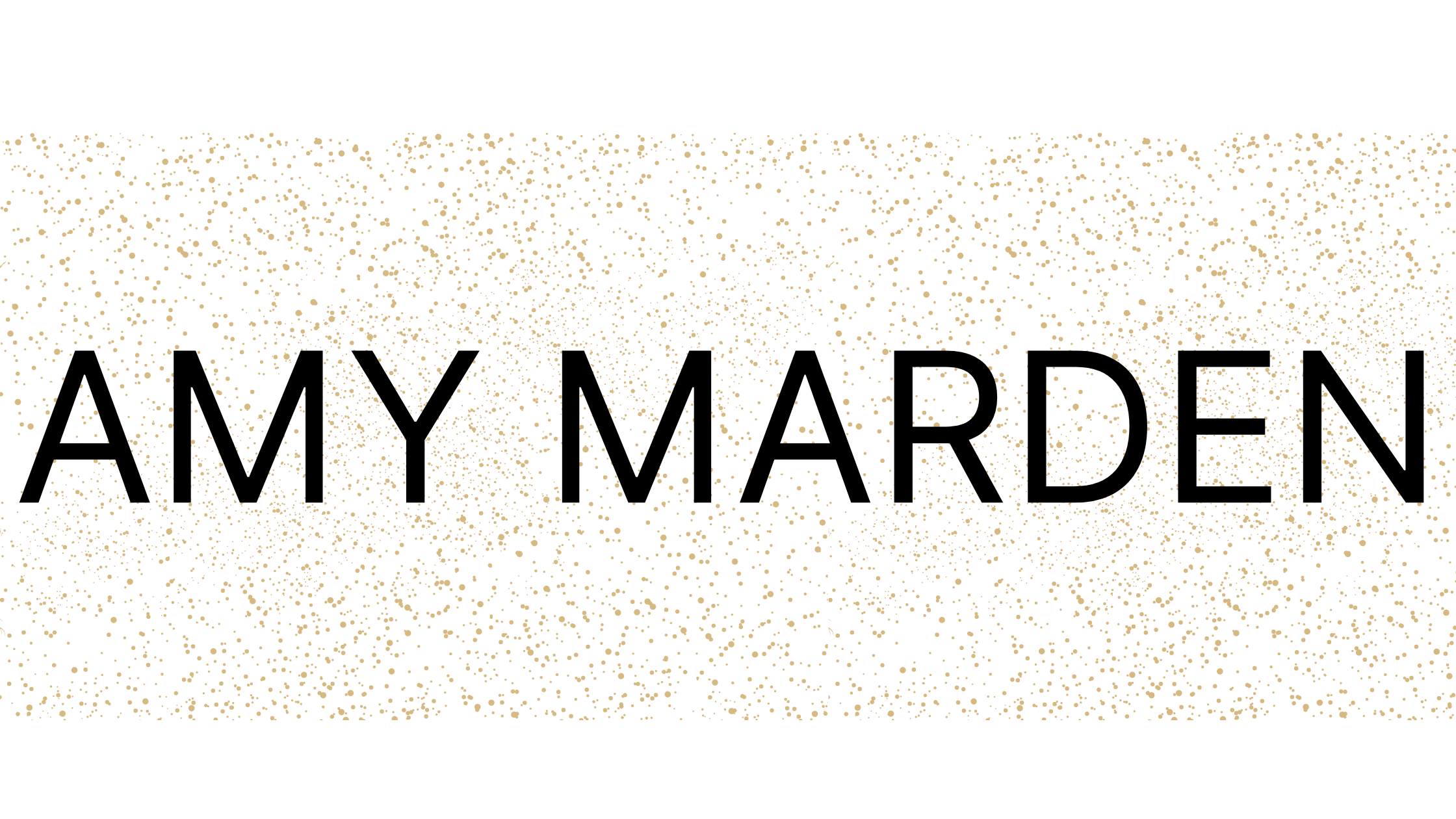
Unarmed Intercontinental Ballistic Missile (ICBM) By: Adam Hartman
“Do you think they’ll do it?” We shook water off our umbrellas and stepped into the elevator.
“Who?” I pushed the buttons for our respective floors.
“Either of them.” Rainwater dripped down her cheek and sweat dripped down mine, a combination only possible in Japan I think.
“Either of who?” I pretended not to know who she was talking about even though I did. I don’t know why I pretended.
“North Korea. Trump. Do you think they’ll do it?”
“I don’t know.” This was the truth.
“The Japanese are worried.”
“We’re all worried.” It was a flippant comment. The elevator door opened at my floor. I leaned against it. “Why are they worried?”
“My Japanese friend” —friends who are Japanese are usually referred to this way— “says they’re worried if North Korea does shoot a missile at Guam, maybe it won’t make it. And Japan is right in the line, so they’re worried it will blow up over Japan.”
I had not considered this.
“Hopefully everyone will just stay calm.” That may not be what I said. I don’t remember. My imagination carried me away on a mushroom cloud.
Since President Trump and Chairman Kim Jong-un had a threat-down, this conversation has taken place in some form all over the military base, to be sure, but also all over Japan. The mood of the entire populous shifted. Low-level anxiety permeated everyday activities. We waited for news updates from any source, hoping for reports of de-escalation. Finally, Kim Jong-I n announced he won’t bomb Guam—yet—and later White House statements urged a course of diplomacy.
I’m sure people in the U.S. talked about it, too. But in the States it seems a far-off possibility – if a possibility at all. We haven’t defended our soil from foreign invasion since the Revolution and we’ve never endured a nuclear or missile attack.
Even though my parents’ generation lived with the undercurrent of fear of nuclear attack for decades, it wasn’t fear born of surviving it. It was a hypothetical, a nightmare played out again and again in short recordings of a flash bomb leveling forests and a cartoon turtle singing “Duck and Cover.”
I was born in 1984. My first vivid “TV memory” is of watching the news coverage of people tearing down the Berlin Wall with hammers and ice picks and bare hands. Which is to say I grew up in a time of relative peace. Certainly no fear of nuclear attack and, until the past decade, no fear of any attack. Relative peace on our soil is a foregone conclusion.
No so for the Japanese of course. The feelings this must dredge up for a country that has survived a nuclear attack: it’s hard to understand. But in August I started to.
We Americans are fortunate in many ways, but what we take most for granted is the security we enjoy relative to any other country in the world. We have the most capable military. We have a superb geographic location with friendly neighbors. We have economic affluence, cultural influence, just…lots of affluence and influence. Our greatest immediate threat is the lone wolf terrorist.
Compare that with Japan. Japan’s military is small because the United States told Japan it had to be after World War II. Japan has the promise of the full force of the U.S. military, but that’s hardly the same as having its own. It is geographically located in a hot mess. North Korea, China, Russia (Oh my!). It has the third largest GDP in the world—fourth if you count the EU—but it’s a distant third. It’s greatest immediate threat? The off-the-cuff comments of a President halfway around the world, and the plans/whims of the world’s most effective totalitarian dictator just 650 miles away.
650 miles. 650 miles is less than the driving distance from Washington D.C. to Chicago.

Washington D.C. to Chicago
So, I’m living in the equivalent of Washington D.C., which makes me chuckle because D.C. doesn’t get a vote in anything the United States does either. And I am a long day’s drive away from a city that’s armed to the teeth with weapons and run by a leader more concerned with staying in power than making sure there’s enough food to go around. Huh, that even sort of sounds like Chicago.
People keep asking me what I think will happen and how I feel about it. [Everyone is asking everyone, so don’t get the idea that I’m special.] What do I think will happen? I have no idea. I would like to say diplomacy and sanctions will win the day, but that’s only to try to convince myself. How do I feel? Tentatively optimistic, which is politically polite speak for scared.

Recent Comments